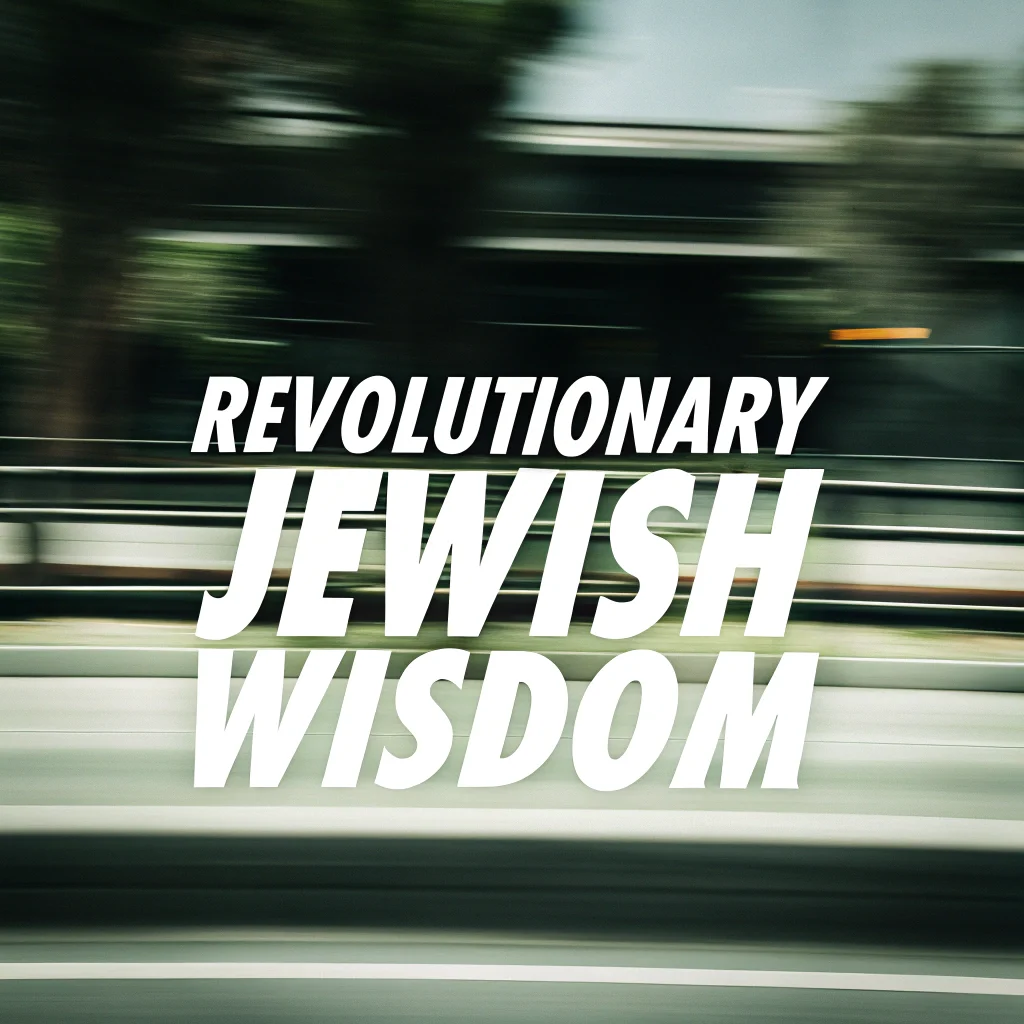“Cast your bread upon the waters, and you will find it after many days.” This ancient wisdom comes to life through remarkable stories I want to share with you. But first, let’s explore some essential principles everyone should know.
The Art of Giving
When we help others, we’re not doing them a favor – we’re fulfilling our human duty. The rule is simple: if you can help, do so. What matters most is doing it with a kind heart. Even a small gesture given with a smile is worth more than a generous gift offered grudgingly.
How can you be sure help is truly needed? There’s a proven method: if someone says they’re hungry, offer food instead of money. Their reaction often tells the whole story.
How Much to Give?
An ancient tradition suggests setting aside one-tenth of your income for charity. You don’t need to be wealthy to help others. Even those barely making ends meet can find ways to share what little they have. There’s also an upper limit – no more than one-fifth of your income, to ensure you don’t impoverish yourself.
The Story of Bread Crumbs
In 1942, in the town of Kanash, an extraordinary encounter occurred. Esther Khazina, exhausted from wartime hunger, met a woman her father had once helped. This meeting saved Esther’s family – through bread crumbs from the bakery where that woman’s husband worked.
The Wheel Parable
A wealthy merchant once met a sage who asked for an unusual fare – 200 coins for a poor tenant. “Life is a wheel,” the sage said. “Today you’re on top, tomorrow – who knows?” Years later, when the merchant lost everything, it was that same tenant, now prosperous, who helped him back on his feet.
Different Forms of Help
Assistance isn’t limited to money. Offering shelter, consoling the grieving, reconciling quarreling friends, or simply giving someone a ride – the possibilities are endless. There’s even a special form of help – interest-free loans, providing support in difficult times.
The Choice Parable
A wise man during World War I told this story: a stork shares found food with friends immediately, while a mouse only shares after satisfying itself. The first is called righteous, the second – wicked. “Everyone has a choice,” he said, “to be generous immediately or help only from surplus.”
Kindness returns – sometimes years later, sometimes in unexpected ways. Each of us can become part of this circle, starting with something small. Even a drop of kindness can change someone’s life.




 Afrikaans
Afrikaans Shqip
Shqip አማርኛ
አማርኛ العربية
العربية Հայերեն
Հայերեն Azərbaycan dili
Azərbaycan dili Euskara
Euskara Беларуская мова
Беларуская мова বাংলা
বাংলা Bosanski
Bosanski Български
Български Català
Català Cebuano
Cebuano Chichewa
Chichewa 简体中文
简体中文 繁體中文
繁體中文 Corsu
Corsu Hrvatski
Hrvatski Čeština
Čeština Dansk
Dansk Nederlands
Nederlands English
English Esperanto
Esperanto Eesti
Eesti Filipino
Filipino Suomi
Suomi Français
Français Frysk
Frysk Galego
Galego ქართული
ქართული Deutsch
Deutsch Ελληνικά
Ελληνικά ગુજરાતી
ગુજરાતી Kreyol ayisyen
Kreyol ayisyen Harshen Hausa
Harshen Hausa Ōlelo Hawaiʻi
Ōlelo Hawaiʻi עִבְרִית
עִבְרִית हिन्दी
हिन्दी Hmong
Hmong Magyar
Magyar Íslenska
Íslenska Igbo
Igbo Bahasa Indonesia
Bahasa Indonesia Gaeilge
Gaeilge Italiano
Italiano 日本語
日本語 Basa Jawa
Basa Jawa ಕನ್ನಡ
ಕನ್ನಡ Қазақ тілі
Қазақ тілі ភាសាខ្មែរ
ភាសាខ្មែរ 한국어
한국어 كوردی
كوردی Кыргызча
Кыргызча ພາສາລາວ
ພາສາລາວ Latin
Latin Latviešu valoda
Latviešu valoda Lietuvių kalba
Lietuvių kalba Lëtzebuergesch
Lëtzebuergesch Македонски јазик
Македонски јазик Malagasy
Malagasy Bahasa Melayu
Bahasa Melayu മലയാളം
മലയാളം Maltese
Maltese Te Reo Māori
Te Reo Māori मराठी
मराठी Монгол
Монгол ဗမာစာ
ဗမာစာ नेपाली
नेपाली Norsk bokmål
Norsk bokmål پښتو
پښتو فارسی
فارسی Polski
Polski Português
Português ਪੰਜਾਬੀ
ਪੰਜਾਬੀ Română
Română Русский
Русский Samoan
Samoan Gàidhlig
Gàidhlig Српски језик
Српски језик Sesotho
Sesotho Shona
Shona سنڌي
سنڌي සිංහල
සිංහල Slovenčina
Slovenčina Slovenščina
Slovenščina Afsoomaali
Afsoomaali Español
Español Basa Sunda
Basa Sunda Kiswahili
Kiswahili Svenska
Svenska Тоҷикӣ
Тоҷикӣ தமிழ்
தமிழ் తెలుగు
తెలుగు ไทย
ไทย Türkçe
Türkçe Українська
Українська اردو
اردو O‘zbekcha
O‘zbekcha Tiếng Việt
Tiếng Việt Cymraeg
Cymraeg isiXhosa
isiXhosa יידיש
יידיש Yorùbá
Yorùbá Zulu
Zulu